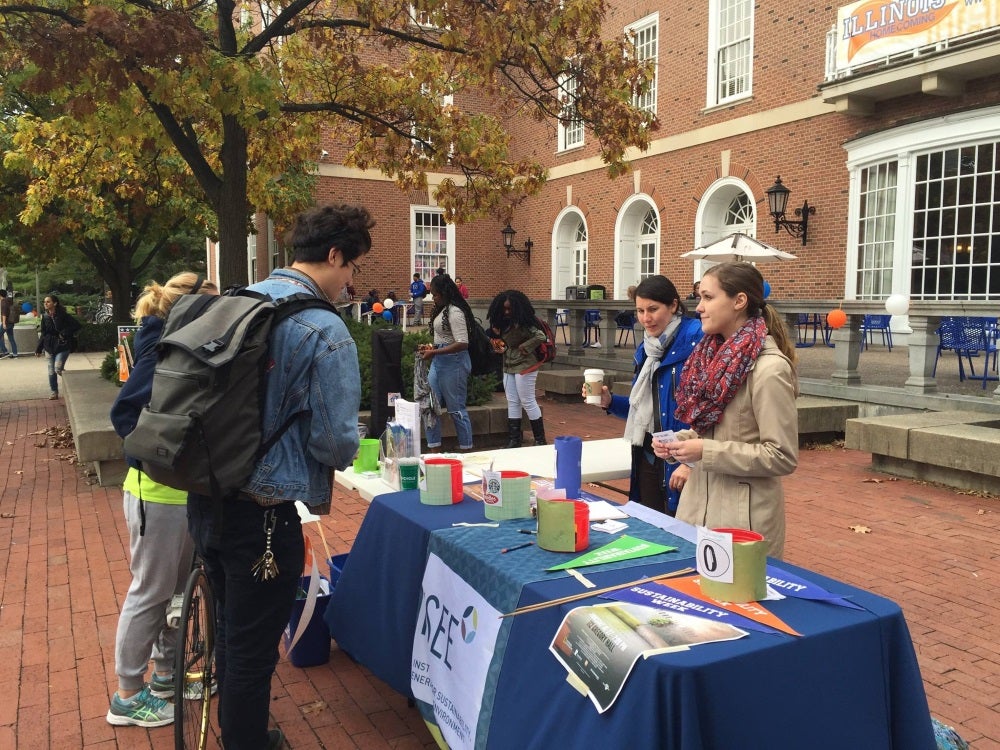 When I came to U of I my freshman year, I picked up an English major because I loved writing. However, I didn’t quite know what I would want to do with it after graduation. Like all humanities majors, I wasn’t immune to the most common question regarding my future degree: “So what are you going to do with that?”
When I came to U of I my freshman year, I picked up an English major because I loved writing. However, I didn’t quite know what I would want to do with it after graduation. Like all humanities majors, I wasn’t immune to the most common question regarding my future degree: “So what are you going to do with that?”
I’ve found that my English classes bring out some of my best qualities — critical thinking and collaboration — which, according to Forbes, happen to be two qualities employers look for when hiring college graduates. Take reading, for example, a common theme for all humanities majors. By trying to understand the thoughts and ideas of someone else, you force yourself into a new perspective as you try to make a claim of what they mean and why they mean it. Acknowledging and comprehending different points of view is an important skill not just for future life situations, but for potential careers and workplaces.
Being an English major in the College of LAS at Illinois gives me a great environment to build these skills, as humanities majors experience a small-school atmosphere at a large university. Students in these disciplines have conversations face-to-face, talking (and listening) to peers in small classes, not lecture halls. These classroom settings not only allow for better discussions, but a better understanding of the material we learn.
In turn, the basis of what I do in class allows me to apply myself out of the classroom. I’ve interned with the Institute of Sustainability, Energy, and the Environment writing features, developing social media, and working on campus-action campaigns. I serve as the social media and PR chair for the RSO I’m involved in, and I built the organization’s first-ever website. I work as a digital marketing intern for the College of LAS, learning the ins and outs of marketing for this large college. And finally, I teach as an LAS 101 intern, leading my class of freshmen LAS students through their first-year experiences.
I know that someday, when I’m itching for something different outside of my current interests, I could go to law school, get my MBA, work in politics, start a nonprofit, be a teacher, or do something completely different. I’m fortunate to know that my career path probably won’t be linear, and that’s OK. I am a sum of both my education and my experiences, as the skills I’ve learned thus far could be applied to many jobs and industries.
If the people who have a passion for topics in humanities don’t pursue them, who will? Is it fair to dismiss a field of study and the skills learned from it just because it won’t lead you to a specific career, but rather many career paths? There’s value in great communicators, savvy writers, critical thinkers and idea-makers — qualities that are cultivated in humanities classrooms. Diversity of thought is a good thing that can only benefit us all, and, thanks to humanities departments in the College of LAS, we have a pretty great place for those thoughts to start.